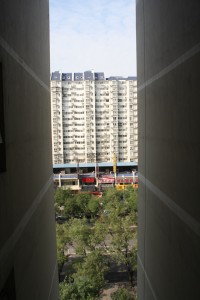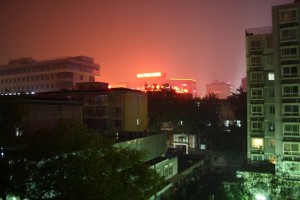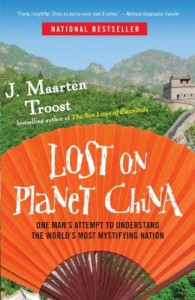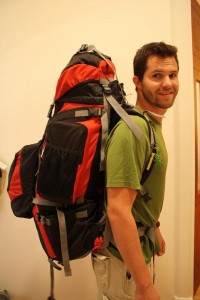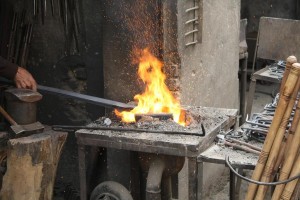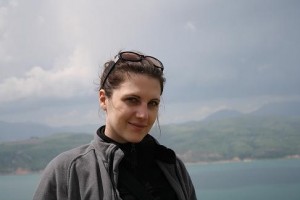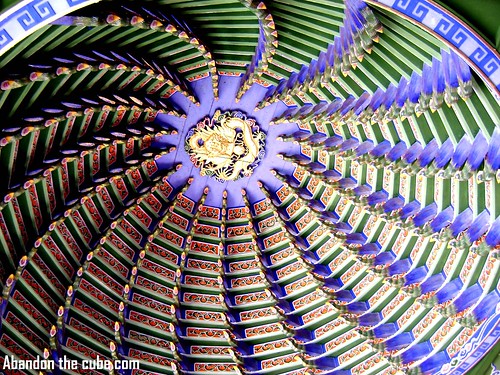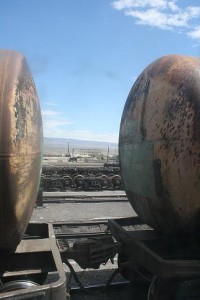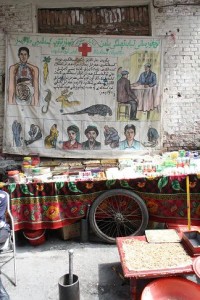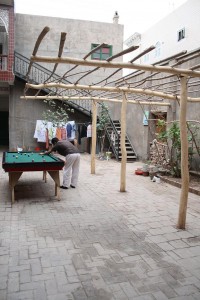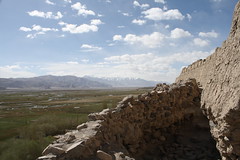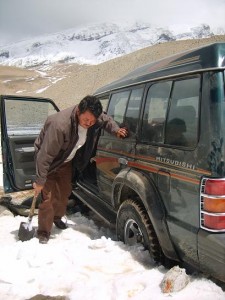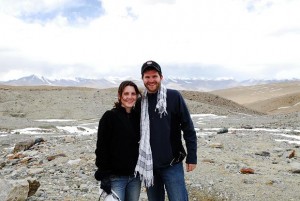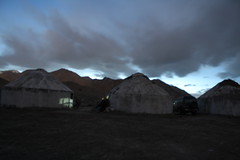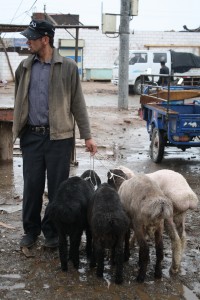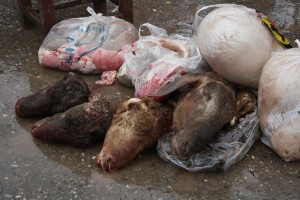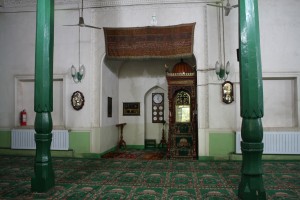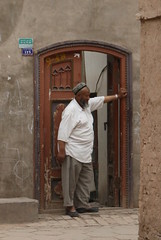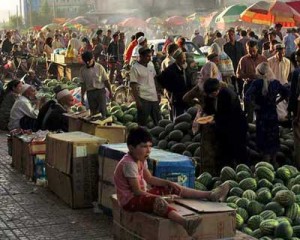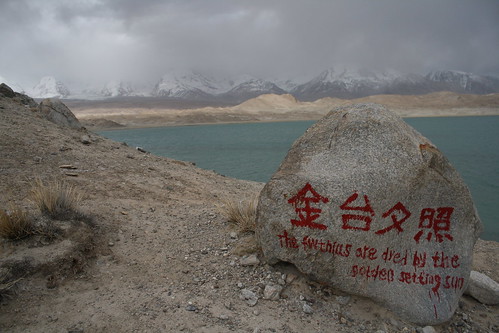
karakul
Lake Karakul, situated along the breathtaking Tian Shan Tajik-China border, is one of the most stunning and awe-inspiring spots on the whole of the planet. Standing in absolute silence atop a hill looking over Lake Karakul one is struck by how startling silence can be in the face of such massive and absolute mountain peaks, a turquoise lake surrounded by sand dunes and not a soul or creature in sight.
But getting to the lake required a near torturous traverse of the mighty mountain range. After finally falling asleep the night before at 3am, we awoke at 8am to meet our guide. Our guide was a Uyghur man who spoke fluent Mandarin; he smoked like a chimney, smells of bai jiu (liquor) and when he opened his mouth at least a few curses stumbled out before any nouns or verbs. We had heard that there was a driver with a 4X4 who had two people going to Lake Karakul and if we jumped on board we’d get a discount. We agreed the night before to 300RMB for the entire two day trip. The guide grabbed our bags and told us to load up. When we reached the Jeep, we found a Chinese couple already situated inside. Climbing in, we introduced ourselves and the lady responded with, “what do Americans think of Tibet?” Not wanting to get into a diatribe that early in the morning, I politely responded that most Americans, ourselves included, had not been there so we could not accurately form an opinion until after we had. She wrinkled her nose and launched into the most long-winded Tibet-bashing session I’ve ever listened to. She explained that the warm-hearted Chinese kindly donated their tax money so the Tibetans did not have to have jobs, they just laid in the sun all day and practiced their selfish (because you personally strive for Nirvana) religion. She went on and on about how lazy Tibetans are and then, in a shocking turn of events, she said that if the Dali Lama were to come back to China, “the Tibetans would be as if Negros.” I thought I misheard, so I asked her to repeat that last part and she said, “you know, like in America, the Negro.” The man in the back seat turned red and said, “I think she means ‘slave’.” So, I told her I would visit and make my own opinions about the region and then turned to stare, shocked, at Mike.
The man in the back seat, a pull-down jumper seat, was named Jason, a Chinese former cell phone company CEO. He was decked out in survival gear from head to two, all of which was brand new (his scarf still had the price tag). He was very friendly and spoke fluently in English and Mandarin.
Thus situated, we set off towards the Lake. The guide, in a fit of curses and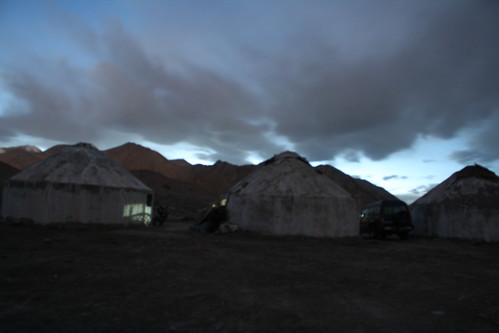 Uyghur, screeched off the road after having stopped twice within the first hour to buy food, and ran into a field, disappearing into the bush. A few moment later he sprinted out of the grass and we screeched, going 60, into open traffic. He laughed and opened his pockets and passed out tiny green fruits that proved to be sour, tart and spicy all at once.
Uyghur, screeched off the road after having stopped twice within the first hour to buy food, and ran into a field, disappearing into the bush. A few moment later he sprinted out of the grass and we screeched, going 60, into open traffic. He laughed and opened his pockets and passed out tiny green fruits that proved to be sour, tart and spicy all at once.
After several hours of bumping along we pulled off the road to the Kyrgyz Glacier Retreat, where, for 50RMB, we were obliged to hike a mile up the side of a hill to view a dying glacier. The glacier was pitch black, having accumulated dirt and rocks as it pushed its way down the mountain.
Back in the car hours later we continued down the winding, bolder-covered road until we came to a massive valley surrounded by snow-topped peaks. A single stream cut through the valley, attracting sheep, goats, camels and wild horses. We stopped to stare in awe for several moments before the driver began cursing and urging us good-naturedly on our way.
By 5:00pm we rounded a curve in the road and Lake Karakul came into view. Pulling off the road we stopped at a small Kyrgyz yurt camp where one family owned several yurts which they rented to passers-by. We paid 50RMB a night, which included dinner and breakfast. The wife was a friendly-eyed woman of 40 who looked 60. She was never still for a moment as she busied herself with cooking, knitting, cleaning or tending to th yaks, 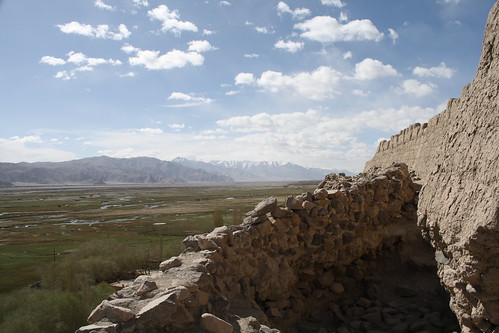 children, dogs, guests and her husband. The husband, also appearing to be in his 60s, was hospitable and friendly, and immediately showed us his small black and white TV – obviously something he was very proud of. He also pointed at the wooden ceiling to show us he had recently acquired electricity. His daughter, around 9 years old, keenly watched my every move. When I sat cross-legged on the rugged floor she copied my posture, when I drank tea holding the cup with two hands, she followed suit. Their two sons, about 4 and 2, were outside the yurt playing with two puppies. Meanwhile, the husband’s father was walking aimlessly around the lake, stopping frequently to watch a hawk or pet a camel – he was well into his 90s, if not older.
children, dogs, guests and her husband. The husband, also appearing to be in his 60s, was hospitable and friendly, and immediately showed us his small black and white TV – obviously something he was very proud of. He also pointed at the wooden ceiling to show us he had recently acquired electricity. His daughter, around 9 years old, keenly watched my every move. When I sat cross-legged on the rugged floor she copied my posture, when I drank tea holding the cup with two hands, she followed suit. Their two sons, about 4 and 2, were outside the yurt playing with two puppies. Meanwhile, the husband’s father was walking aimlessly around the lake, stopping frequently to watch a hawk or pet a camel – he was well into his 90s, if not older.
Wife made us a nice dinner or plov (rice, yak and apricots) with yak milk tea and nan (bread). We eat heartily, having not eaten since the morning. Wife then laid five sets of blankets on the floor for us and indicated that it was now time for sleep. We all crawled into our makeshift piles of blankets and, after listening to a donkey braw for sevel hours, fell calmly and serenly to sleep listening to the waves of Lake Karakul.
 Since we finally had an apartment we were free to start looking for jobs. We set about looking in the obvious places for expats living abroad, craigslist, the Beijinger, CityWeekend and other Beijing-specific websites with classified ads. In Shanghai in 2008 I found my job on Craigslist, proving that even legitimate,professional companies post on the plebeian forums. We began to stalk the classifieds in search of employment.
Since we finally had an apartment we were free to start looking for jobs. We set about looking in the obvious places for expats living abroad, craigslist, the Beijinger, CityWeekend and other Beijing-specific websites with classified ads. In Shanghai in 2008 I found my job on Craigslist, proving that even legitimate,professional companies post on the plebeian forums. We began to stalk the classifieds in search of employment.